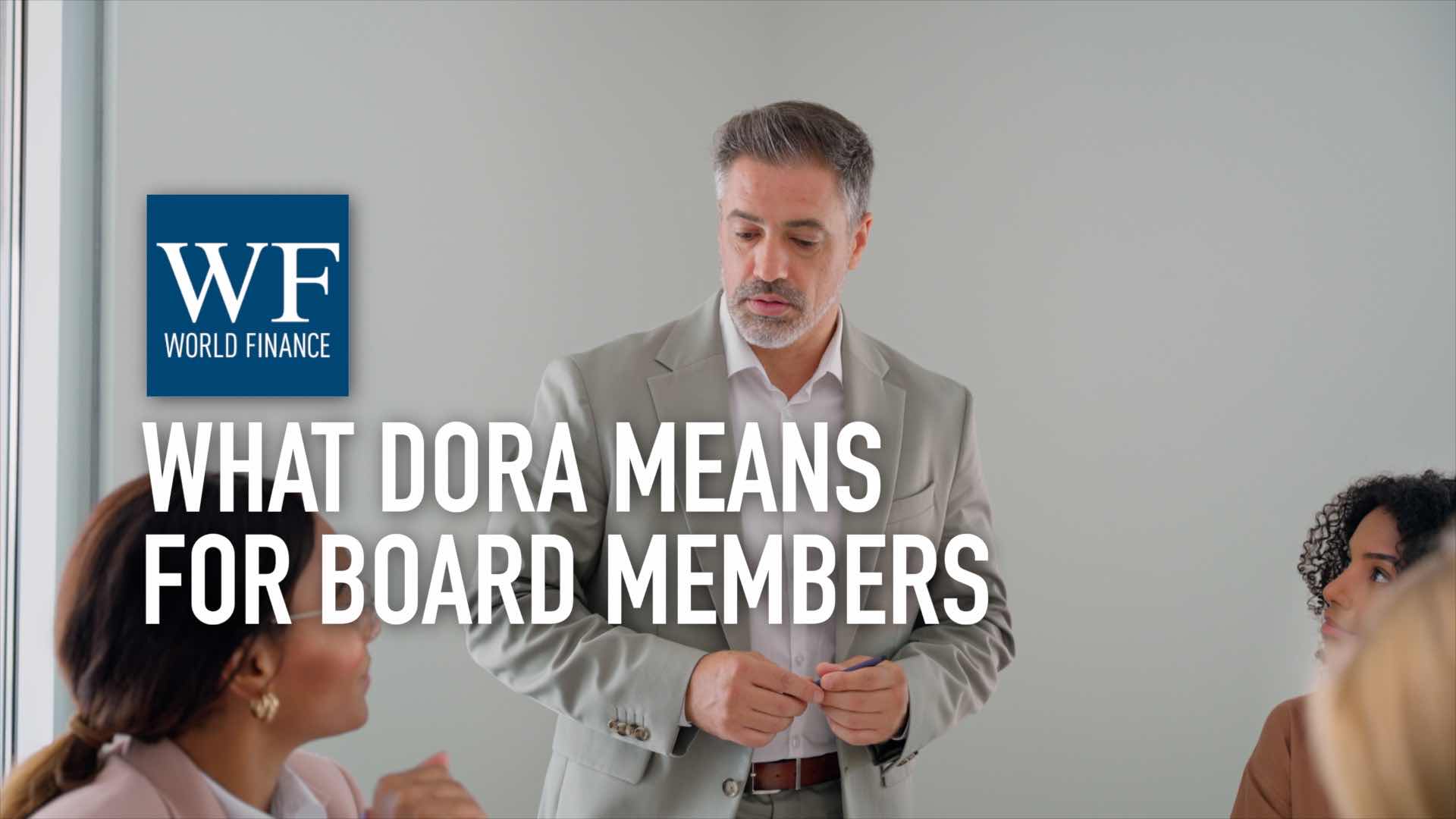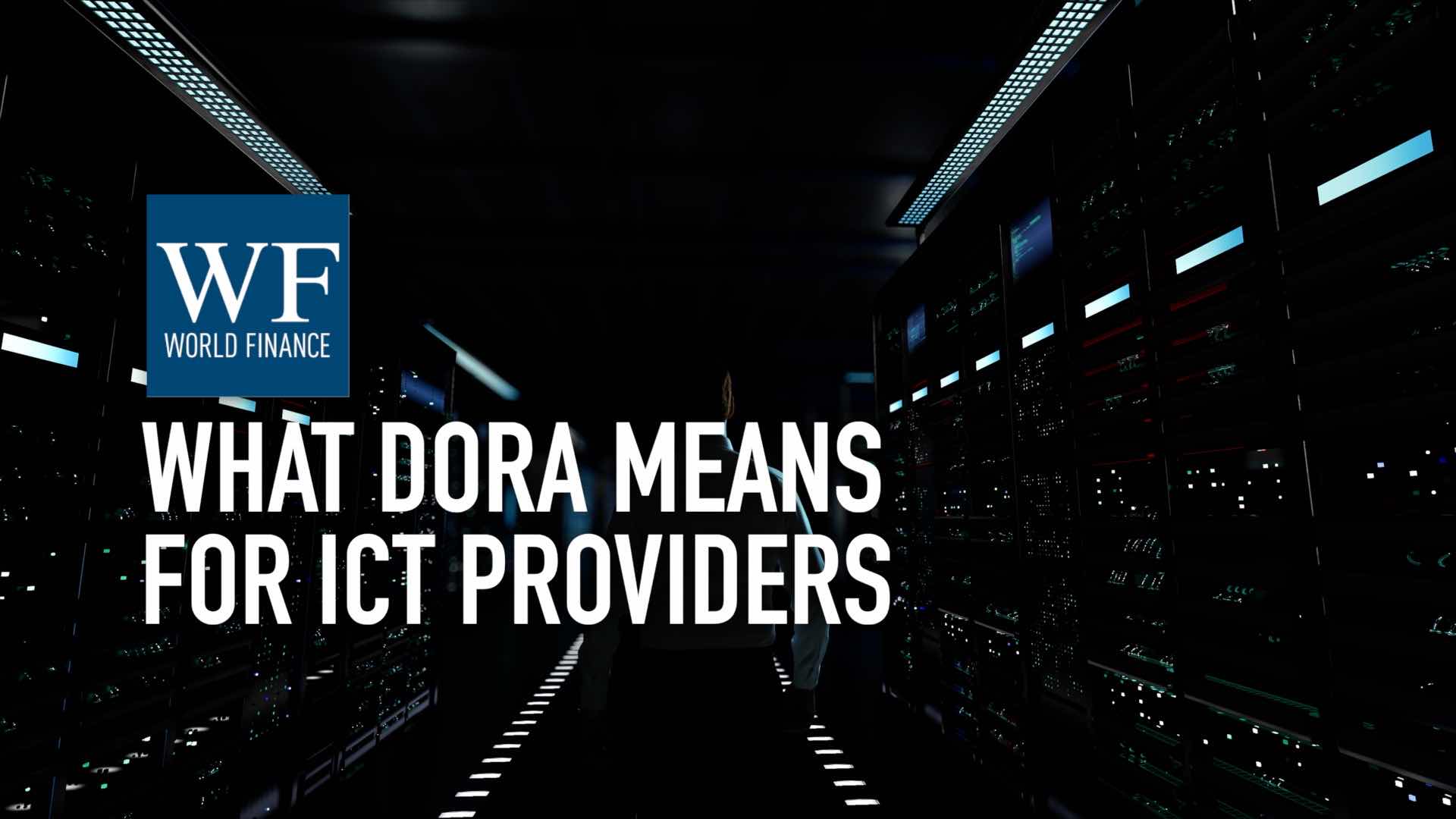Ivory Coast back in business with $1bn eurobond
Eurobond cash will fund big capacity increases in the Ivory Coast energy sector, says minister Nialé Kaba
Related:
Transcript
Côte d’Ivoire’s latest foray into the bond market ushered in a period of stability in 2014. Nialé Kaba, Minister to the Prime Minister for the Economy and Finance, discusses the changes in the Ivory Coast since its 2011 bond default, and the infrastructure improvements the new bond will deliver.
World Finance: Côte d’Ivoire’s latest foray into the bond market ushered in a period of stability last year. Here to share insight into this year’s issuance and its contribution to macroeconomic growth, Minister Nialé Kaba.
So of course your country has made deep structural reforms since the issuance of this last bond, right? So tell me about some of those, particularly in the energy sector.
Minister Kaba: In 2015, our energy production capacity was, 2000 megawatts a year, which we aim to increase to 4,000 megawatts a year. This will allow us to move from a coverage rate of 54 percent to approximately 95 percent in 2020 and the Eurobonds have allowed us to pursue the following important investments: the supply of a capacity of 110 megawatts for the CIPREL thermal power plant, continuing investments in the hydroelectric power station of Soubré, with a capacity of 275 megawatts, and we also have plans to produce a thermal power plant in the city of Grand-Bassam, which is a few dozen kilometres from Abidjan and which will have a capacity of 220 megawatts. Construction is scheduled to start in 2016.
World Finance: So what other structural reforms were you able to get off the ground since this bond issuance?
Minister Kaba: All sectors of our economy were covered by the reforms, and I would like to talk in particular about the reforms in the public finances sector, which consisted in stabilising the macroeconomic business climate through the correct management of public finances, by promoting transparency, by the speed with which the administrative procedures are applied, by improving the conditions under which public contracts are awarded.
We also did a great deal of work on the business climate; and in 2014 and 2015 the International Finance Corporation put us among the top 10 reforming countries in the world. We are continuing to improve our ranking and hope that eventually, in the not too distant future, we will be one of the top 50 countries for Doing Business.
World Finance: The re-payment schedule, of course, was staggered for this bond and its yield was hovering around the six percent mark – tell me how were you able to attract foreign interest given that, of course, your yield was lower than comparable equivalent securities, Zambia and Nigeria for instance.
Minister Kaba: Over the last three years, Côte d’Ivoire has had an average growth rate of nine percent, which is one of the best given the current international environment. Côte d’Ivoire has carried out a great number of reforms, as we have just explained, reforms to set our house in order, reforms also to allow investments to be carried out in the various sectors which drive our economy. In particular, we are currently living in an environment which has returned to normality on the social level and in an environment which offers excellent prospects.
It’s true that we went to the market for relatively large amounts, but all of these investments were carried out in a framework which was fully under control, as we make sure, in the framework we have with the International Monetary Fund, that the sustainability of our debt in particular is respected but also monitored, and that we keep an eye on our economy’s capacity to honour its commitments.
It has to be said that when we were doing the roadshow, many fund managers and many investors told us that the President of the Republic, who used to be Vice-President of the International Monetary Fund, Deputy Managing Director of the International Monetary Fund, reassured them as to his governance. I believe that it is all of these elements together that have allowed the international financial community to have confidence in us; and we intend to work to maintain and increase that level of trust.
World Finance: Of course your country has gone through a period of political stability since the last two bonds have been issued, but that wasn’t the case in 2011. So tell me what is different about the financial market today?
Minister Kaba: You need to understand that in 2011, the year you referred to, we were coming out of a deep post-electoral crisis. Fortunately, all of that was brought under control very quickly, allowing Côte d’Ivoire to resume its process of reconstruction and of growth. And in 2012, 2013 and up to the present day in 2015, we had years when we were able to build our return to peace, our return to social cohesion. And today, we are working towards peaceful and inclusive elections.
World Finance: Now in the years to come, tell me, how are you going to keep productivity at pace with growing debt?
Minister Kaba: The question of the debt is an interesting one, not only for the financiers but also for Côte d’Ivoire itself. We have ambitions to increase the national wealth and reduce the level of poverty, and eventually eradicate it from the country altogether.
We have to bear in mind, with regards to the debt, that we are already under a programme with the International Monetary Fund and the debts we have contracted are carried out in the framework of that programme. They are the subjects of a sustainability analysis, and whenever we come out, we have the authorisation, so to speak, of our partner, which analyses and looks at the potential of our economy with us.
Lastly, in the framework of the viability analysis of our debt, we forecast the creation of national wealth, which will itself generate resources to allow us to honour our commitments, and at the moment, the sustainability of the debt is certain. The share of the private sector in national investment is growing faster than that of the state; and we feel, we hope, that that will be the case more and more with the efforts we are undertaking with regards to Doing Business.
World Finance: Minister Kaba, thank you.
Minister Kaba: Merci Madame.

 What the Digital Operational Resilience Act means for board members and CEOs
What the Digital Operational Resilience Act means for board members and CEOs What the Digital Operational Resilience Act means for third party ICT providers
What the Digital Operational Resilience Act means for third party ICT providers
